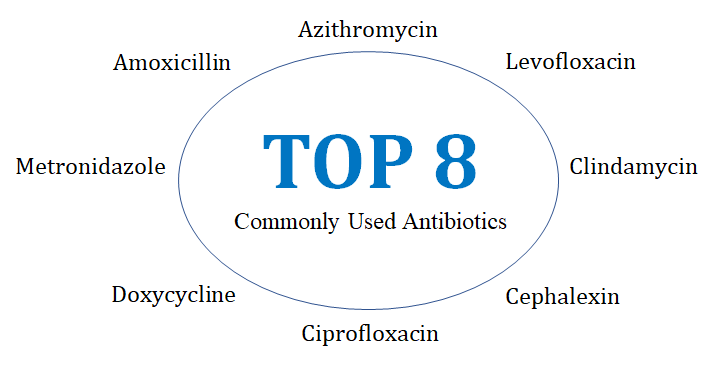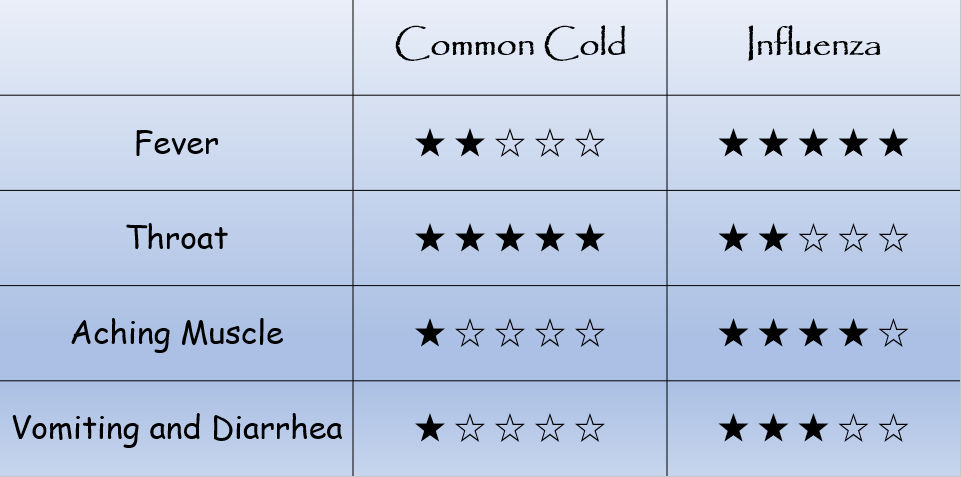“Sore throat? Take some pills.”
Does it sound familiar to you? Have you noticed that these pills don’t work as well as they used to? Do you know these pills that protect you for once can be a potential cause of death for you and your children?
Runny nose, sore throat and cough…such symptoms can be attributed to both bacterial and viral infection. However, most pills we take are antibiotics and cannot treat viral infection—which often needs no medication for treatment—and will increase antibiotic resistance. This means that drugs are becoming less and less effective, causing increasing severe cases, and even death.
Why Cannot Antibiotics Work on Viral Infection?
Different antimicrobials treat diseases by different methods, such as destroying the cytoderm or inhibiting the replication and transcription of genetic materials. Each antimicrobial has its designated enemy. For example, amoxicillin can curb bacterial infection by gonococcus and others, but it cannot treat vaginitis caused by trichomonas.
Most pills we take are antibiotics. Antibiotics conclude wide-spectrum antibiotics and narrow-spectrum antibiotics. Wide-spectrum antibiotics can kill most bacteria, while narrow-spectrum antibiotics target at a specific kind of bacteria. However, the seemingly omnipotent wide-spectrum antibiotics have its demerits.
Reasons for Antimicrobial Resistance
When a certain antimicrobial pill kills its targeted micro-organisms, part of them that survive can adapt to the antimicrobial drug and develop resistance towards it. As such germs approach various kinds of antimicrobials, they gradually develop stronger resistance, and then drugs become ineffective to them. Such resistance can be transmitted through genes, creating even stronger germs.
The generation of pandrug-resistant bacteria—superbugs—is accelerated by antimicrobial misusing, such as
• taking wide-spectrum antibiotics
• taking improper antimicrobials without determining pathogen
• taking antimicrobials as preventive measures
• taking pills without following prescription.
Other Results of Antibiotic Misusing
Not all bacteria are harmful to us. For digesting foods we take, various probiotics work in our intestines, such as lactobacillus from yogurt and saccharomyces from yeast. In a healthy condition, intestinal bacteria co-exist harmoniously and form a beneficial but delicate balance of micro-organisms, competing with harmful bacteria for nutrition and space. But, using antibiotics will definitely affect the balance and lead to several kinds of intestinal diseases, such as inflammatory bowel disease (IBD), gastrointestinal infection and colorectal cancer (CBC). Due to the imbalance of intestinal microorganism, other diseases may occur related to digestive system, such as obesity and metabolic liver diseases.
When and How to Use Antimicrobials
Identifying pathogen is the first irreplaceable step. Follow this graph to see whether your symptoms are caused by bacterial cold or viral influenza.
Antimicrobials should be prescribed by your doctors. It is not suggested to use antimicrobials as a predictive tool or when the infection has not been identified as bacterial one. When your kid gets ill, it is not recommended to take pills without consulting doctors. You should also take pills as prescription, from the perspective of both amount and interval. It is because antimicrobials of too high level can damage liver or renal function; antimicrobials of too low level are insufficient to eliminate harmful bacteria.
Conclusion
The development of antimicrobials is a significant step forward in the development of medicine. Like the heatedly discussed artificial intelligence, reasonable usage of antimicrobials is of profound benefit for human being.
Wondfo One Step Influenza A&B Test is a rapid qualitative assay that detects influenza type A (including the subtype H1N1) and B nucleoprotein antigens extracted from the nasal swab specimen. It aids in the differential diagnosis of influenza type A and B infection, avoiding misuse of antibiotics at viral infection.
Wondfo Biotech has been committed to safeguarding people’s health and happiness, and to improving lives with better products, services, and solutions. With cutting-edge technologies and products of promised quality, we care everyone’s health, and race for life to save every second.
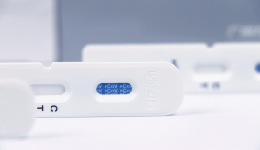 The most developed technology platform with a variety of applications, including infectious disease detection, fertility detection, the drug of abuse detection, etc.
The most developed technology platform with a variety of applications, including infectious disease detection, fertility detection, the drug of abuse detection, etc.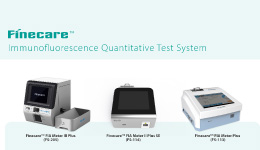 50+ kinds of reagents and five high-performance devices, focusing on detecting cardiovascular disease, inflammation, kidney injury, sex hormones, thyroid function, diabetes, tumor, and others.
50+ kinds of reagents and five high-performance devices, focusing on detecting cardiovascular disease, inflammation, kidney injury, sex hormones, thyroid function, diabetes, tumor, and others.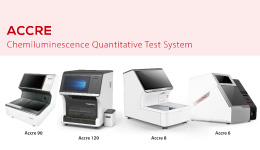 Single-dose Chemiluminescense Immunoassay Platform
Single-dose Chemiluminescense Immunoassay Platform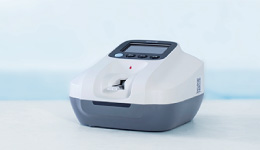 Wondfo optical blood coagulation analyzer is the first one in the world that can test PT, APTT, TT, FIB, and ACT simultaneously.
Wondfo optical blood coagulation analyzer is the first one in the world that can test PT, APTT, TT, FIB, and ACT simultaneously.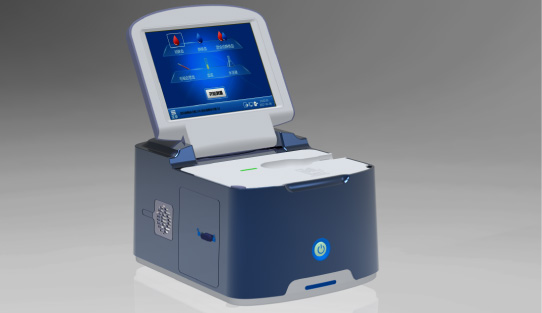 Our Blood Gas Analyzer BGA-102 can produce the result in 30s. Its advantages of portability, easy operation, durability, and high performance make it ideal for clinics, laboratories, and hospitals.
Our Blood Gas Analyzer BGA-102 can produce the result in 30s. Its advantages of portability, easy operation, durability, and high performance make it ideal for clinics, laboratories, and hospitals.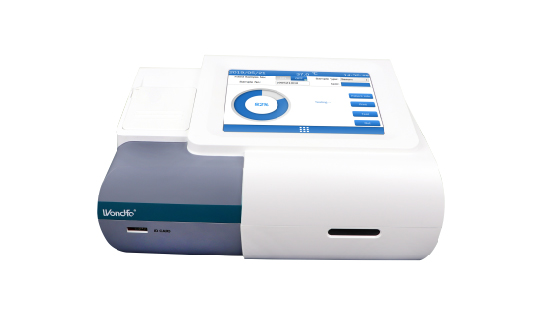 Wondfo Dry Chemistry Analyzer can test 16 items and provide the result within 2 minutes, ideal for the detection of cardiac markers, kidney function, liver function, pancreatitis, etc.
Wondfo Dry Chemistry Analyzer can test 16 items and provide the result within 2 minutes, ideal for the detection of cardiac markers, kidney function, liver function, pancreatitis, etc. Ready-to-use lyophilized RT-PCR Reagent;
Ready-to-use lyophilized RT-PCR Reagent; Wondfo PA-3600 IHC Staining System
Wondfo PA-3600 IHC Staining System The Future Intelligent Medical Assistant to Healthcare
The Future Intelligent Medical Assistant to Healthcare Fight against the pandemic through continuous innovation
Fight against the pandemic through continuous innovation


















